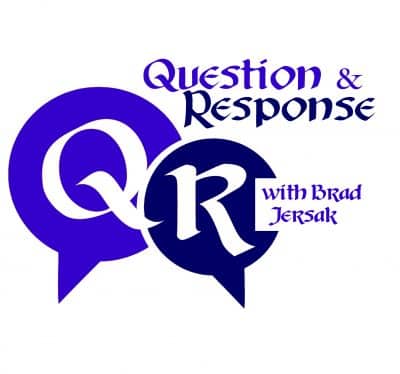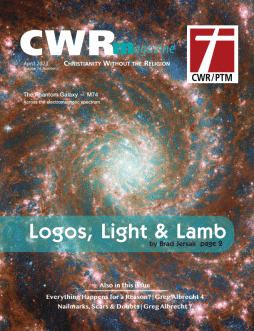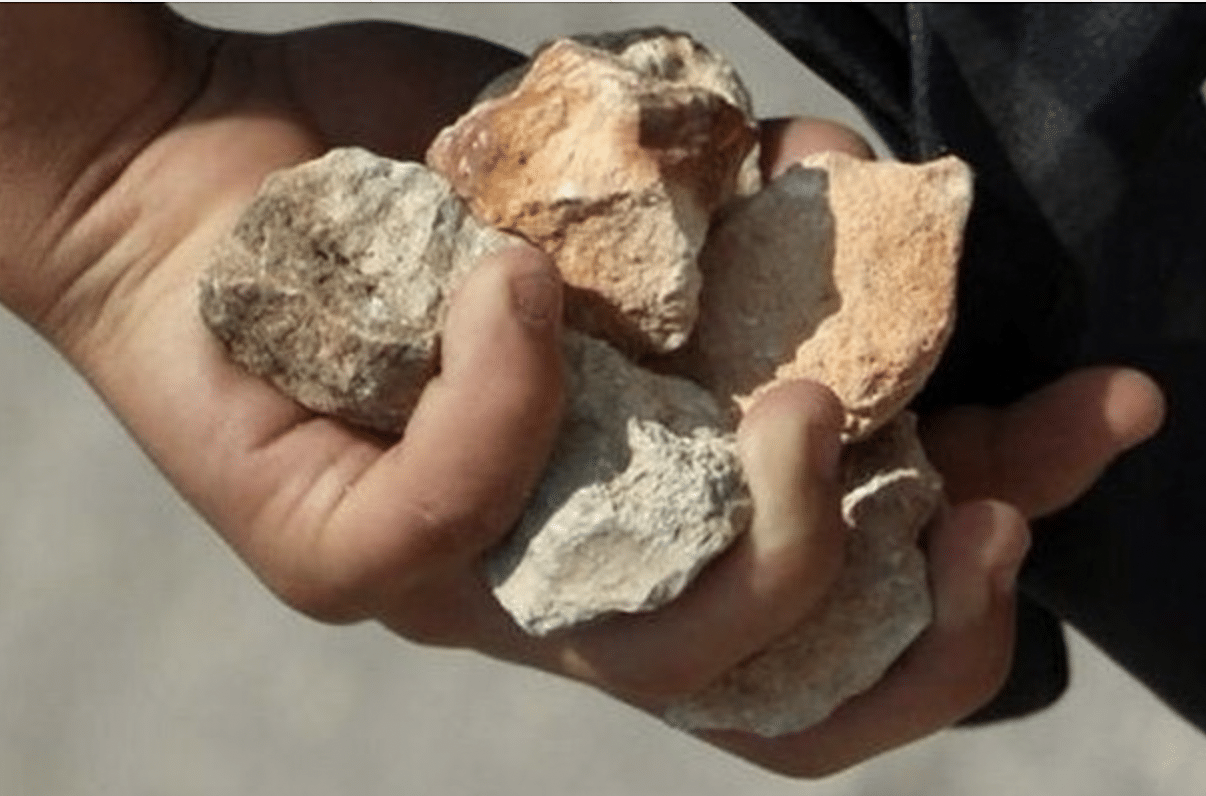Q&R with Brad Jersak – Is Noah’s flood story true?

Question
Is the narrative about Noah’s ark in Genesis a true story?
Response
Oh, of course the *story* is *true*, just as the *story* of the Prodigal Son is *true,* which is to say, the story is telling us the *truth.* Discovering the truth the story is telling means honoring the genre the story is written in.
If we treat a parable as if it is not a parable, and literalize it when Jesus wasn’t telling it that way, we may be treating a story as a fact and missing out on its truth. So, to demand a physical address for the Father’s house, the names of the prodigal sons, and what type of cow they ate at the banquet would be untrue to the parable and its message. Was it a literal cow? would be a senseless question inside that genre.
The same would apply to the flood story. Here is a good review of the truth of the story.
Question
So this video said to me that God saw that the world became evil and he wanted to recreate it anew. He gave the world a bath not out of anger but out of love. But did he use a flood to do it? Haven’t clam shells and fish fossils been found in the mountains? So, was the flood story real or a metaphor? Is all of the Bible a metaphor? I don’t know how to tell!
Response
It’s not just that the world had become evil, but that Genesis says it had been ‘ruined’ by human violence, where ‘ruined’ = uninhabitable. God didn’t just need to cleanse the world of evil. He needed to make it habitable for human life again.
The story says that God used the flood to do this. Why? Because the flood story was common prior to Judaism, but among other religions and mythologies, always focused on the anger of the gods, their hatred of humanity, and their desire to destroy us. The revelation the Jews offered was an alternative narrative in which God cared about humanity and creation, and whose grief over our violence compelled him to restore it.
Words like ‘the world’ and ‘all living things’ in these stories (including ours) does not require an impossible reading of reality. The ‘world’ can be ‘the whole world they knew’ rather than ‘the entire globe.’ And no, all living things (including dinosaurs in the literalist model, but even without them) could not fit on the ark, even under forced hibernation. Literalists should be most offended by the magical thinking that would require. That kind of biblical gymnastics seems silly if read literally but worse, literalism causes us to miss the point and revelation of the story. For example, the same interpreters often justify ‘holy’ wars when the story itself condemns human violence as ruinous.
That’s not to mention that if we read it carefully, the flood story features repetitions and contradictions that reveal two narratives being stitched together by a later Jewish compositor. That’s no problem to me because I know the Scriptures developed over centuries, but literalism needs to overlook that.
As for finding clams in the mountains, that really proves nothing about a global flood. It’s more of a repudiation of young-earth creationism since, in a colossal flood, we would expect to find more advanced lifeforms along with the clams, rather than discernable strata with obvious evolutionary development.
One of the clinchers for me was the discovery of sedimentary layers where layers of pollen can be seen laid down every spring. You can count the layers like tree rings. One layer per year. Millions of layers, uninterrupted. This is problematic for both young-earthers and global flood teachers.
In the end, how do we tell which stories to read literally and which to read metaphorically? Well, first, we read ALL scripture literally… but “the literal sense” means reading any given Scripture according to the genre it was composed in. Reading a poem or a parable or a myth literally means reading those texts as poetry, parables, or mythology because that’s how the author wrote it.
And if we can’t tell the difference, then we should definitely NOT assume that every passage was written as scientific facts and objective history. We know it isn’t. So we either rely on those who are experts in genre studies, or we learn from them until we are good at identifying the genre ourselves. In some cases, even the experts disagree, which should tell us to avoid dogmatism.
Further, you asked which parts of Scripture we read as metaphors. In a sense, again, ALL of it. That is, on the Emmaus Way, Jesus said that all Scripture, including the factual history, prefigures Jesus and his gospel. So regardless of how you read Noah’s flood or the Exodus or the Jonah story (fiction or non-fiction), Jesus and the apostles saw how these stories fit into the grand narrative of redemption and foreshadowed Jesus and those who follow him. For authors like Peter and Paul, the waters in each case somehow anticipate our baptism into the death and resurrection of Christ!
Now back to the use of mythology in Scripture as used in the flood story… The biblical story is just one example of a whole genre of mythic flood stories embedded in the religions that predate and surround Judaism. It is one thing (and very true) to say, “Now the Jews will give their rendition of this mythological tradition through the lens of a good God,” but quite a blunder to say, “Up until now, the flood stories were all mythology. But now the Jews are going to tell you the scientific facts of what actually happened.” That’s just not how the story is composed and that’s not how Jewish Rabbis think or work or see this story (and they should know, as it’s their story).
To me, it seems a strange thing that the young earth, global flood people try to use science while simultaneously being devoutly anti-science. But as far back as Augustine (400 AD), the church fathers were already pleading with the literalists, “Please stop! You’re embarrassing us and misinterpreting Scripture.” I guess it’s a perennial problem and not even exclusive to Christianity.
True confessions: I had been a young earth, global flood advocate, raised and trained to believe that my certitude on these matters was necessary to faith in Jesus Christ. My dogmatism was counted as faithfulness. When I found out that being faithful did not require me to be credulous or suspend all critical thinking, and in fact, I was being called to a higher view and greater care of Scripture than literalism demands, I could let it go.
Then, wonder of wonders, I didn’t cast aside faith or Scripture. Instead, God seemed far bigger and the Bible seemed far more beautiful and I recovered a LOT of the wonder that my literalism had crushed in its need to prove itself.
That’s one of the major reasons why I wrote A More Christlike Word. If you want help distinguishing genres and learning how to read the literal, moral, and spiritual sense of any passage, that book should help you.











 Plain Truth Ministries | Box 300 | Pasadena, CA 91129-0300
Plain Truth Ministries | Box 300 | Pasadena, CA 91129-0300

